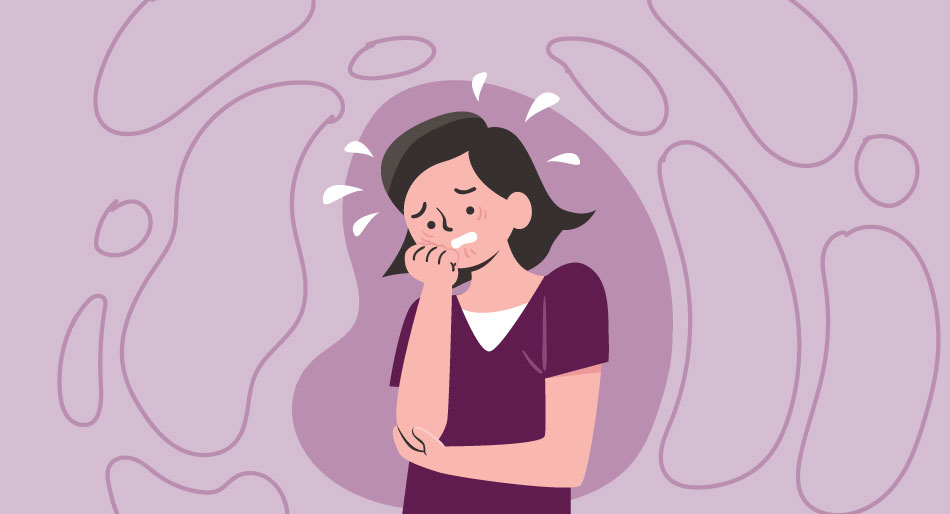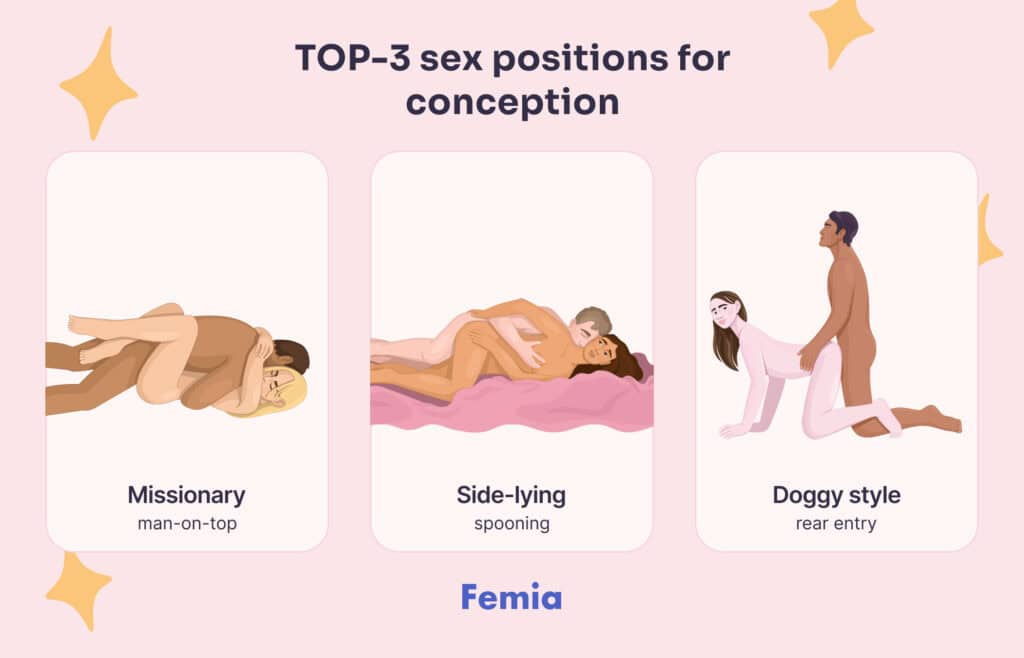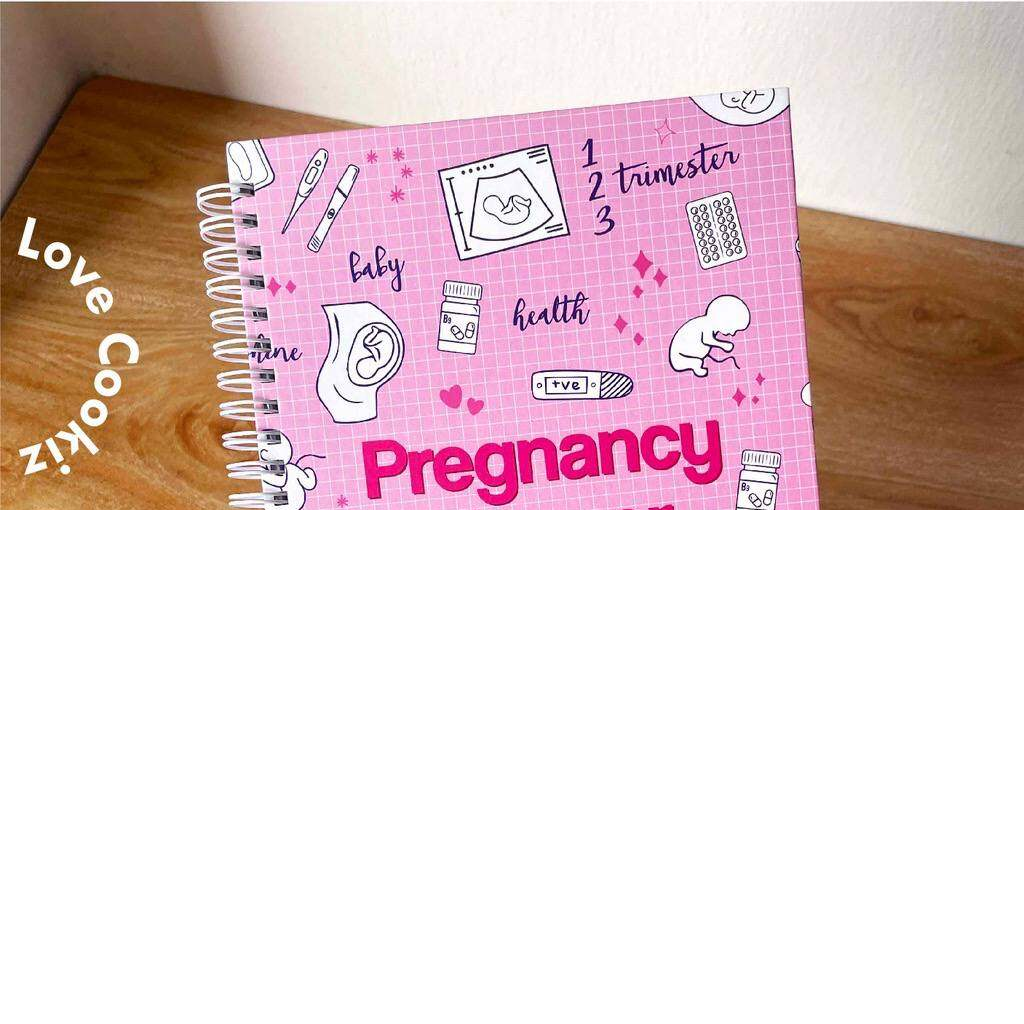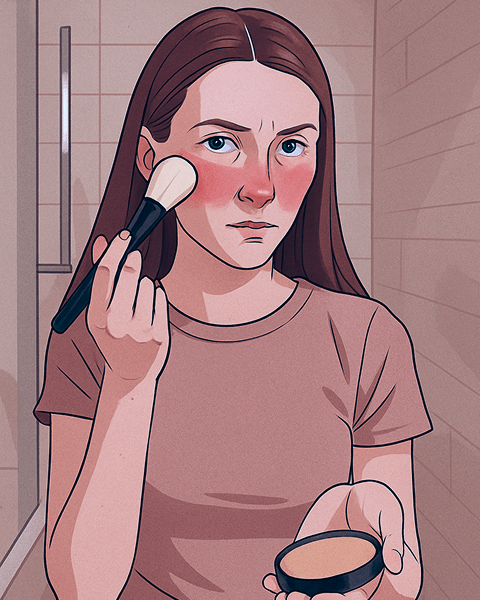One day you’re fine. The next day, a simple comment, a slow reply, or a slightly harsh tone makes you want to cry, shut down, or snap. Sounds familiar? If you’ve ever looked at yourself and thought, “Why am I suddenly so sensitive?” — especially in the second half of your cycle — you’re not alone, and you’re not “too much.”
This tenderness — emotionally and physically — is often a sign that you’re in your luteal phase, the time between ovulation and your next period. Hormones, brain chemistry, energy, sex drive, and even how your skin feels all shift in this phase. The result? You may feel more emotional, more reactive, more clingy, more distant, more turned on, or more turned off — sometimes all in the same week.
This article is your compassionate, honest guide to understanding that sensitivity — in your mind, body, and intimate life.
What’s Happening in Your Body During the Luteal Phase?
After ovulation, your body shifts into “potential pregnancy” mode, whether or not you’re trying to conceive. The follicle that released the egg turns into the corpus luteum, which produces more progesterone and a bit of estrogen.
- Progesterone rises: It can make you feel calmer, sleepier, more inward… or more irritable and teary.
- Estrogen dips then rises slightly: The fluctuations can affect your mood, focus, and energy.
- Brain chemistry shifts: Hormonal changes influence neurotransmitters like serotonin, which helps regulate mood.
Add in possible bloating, breast tenderness, water retention, and changes in blood sugar — and suddenly, you have a nervous system that’s much easier to overwhelm. You’re not imagining it: your body is more sensitive, so your emotions are too.
Emotional Sensitivity: You’re Not “Overreacting,” You’re Responding
In the luteal phase, you might notice:
- Feeling hurt more easily by tone, word choice, or small conflicts
- Taking things more personally — especially from people you love
- Crying more often (or feeling like tears are just under the surface)
- Feeling both needy and annoyed at the same time
- Overthinking texts, pauses, silence, or social media interactions
This doesn’t mean your feelings are invalid or “just hormones.” Hormones don’t invent fake problems; they usually turn the volume up on things you’re already carrying — stress, worries, relationship fears, fatigue, unmet needs.
A helpful reframe:
“I’m not broken. My system is more sensitive right now, so everything feels louder.”
Sensitivity in the Body: Boobs, Skin, Belly, and Nerves
Emotional sensitivity often shows up because your body feels different:
- Breasts: Fuller, heavier, sore, or easily irritated by touch or clothing.
- Belly: Bloating, gas, or a “puffy” feeling that affects body image.
- Skin: More reactive, oily, or breakout-prone — especially around the chin and jaw.
- Nervous system: Sounds, light, and clutter may feel more overwhelming.
These physical shifts can make you feel more self-conscious, less “sexy,” and more aware of every sensation — from a tight bra strap to your partner’s hand on your waist.
None of this means your body is misbehaving. It’s responding to a real hormonal pattern that repeats every cycle.
Sensitivity in Sex and Intimacy: Wanting Closeness, Needing Gentleness
The luteal phase can be confusing sexually. You might feel:
- More sensitive emotionally and craving reassurance, cuddles, and closeness
- Less interested in penetration but more into gentle touch, kissing, or being held
- Sometimes more turned on, but in a slow, romantic, “please go easy” way
- Or, the opposite: low libido, low energy, and needing space
Your vagina and vulva can also feel different:
- Discharge: Often creamier or thicker in the luteal phase — usually normal.
- Lubrication: You may get wet more slowly, especially if you’re tired or stressed.
- Physical sensitivity: Sore boobs, cramping, or bloating can make certain positions uncomfortable.
All of this impacts your sexual and emotional sensitivity. You might want sex that feels like being cherished, not performed: slower, softer, more emotionally connected, with lots of check-ins.
How to Communicate Sensitivity With Your Partner (Without Feeling “Too Much”)
You deserve to feel safe and understood, especially when you’re more vulnerable. Try using simple, honest, “I” statements to explain what’s going on:
- “I’m in my luteal phase and feeling extra sensitive today. I might need a little more gentleness.”
- “My body feels sore and puffy right now. I still want closeness, but I need it to be softer and slower.”
- “I love you. If I seem quiet or teary, it’s my hormones and stress combining — not you doing something wrong.”
- “Right now I’d really love cuddling and back rubs more than full-on sex.”
This doesn’t make you demanding; it makes you emotionally aware
Sex During the Luteal Phase: Tender, Honest, and Sometimes Slower
Sexual sensitivity in this phase is not just about “yes” or “no” to sex — it’s about how you want to feel if you choose to be intimate.
Some women notice:
- They want more foreplay, more time to relax and warm up
- They prefer positions that don’t press on the belly or breasts
- They respond more to emotional connection than intense physical stimulation
- Or they simply want non-sexual touch: cuddling, massage, skin contact
It’s okay to say:
- “I’m not in the mood for penetration, but I’d love to kiss and cuddle.”
- “Can we keep it gentle today? My body feels sensitive.”
- “I need more emotional intimacy tonight than sexual intensity.”
You don’t owe anyone a “performance.” Your body gets to set the tone.
Unprotected Sex and Sensitivity: Worries About Pregnancy
If you’ve had unprotected sex or sex where your partner ejaculated inside your vagina during your cycle, the luteal phase can also stir up anxiety:
- “Are these cramps PMS or early pregnancy?”
- “My boobs feel heavy — is that hormones or a sign?”
- “Why does his ejaculation inside feel more… noticeable?”
- “Should I be taking a test or just waiting for my period?”
Depending on when sex happened in relation to ovulation, there may be a chance of pregnancy. Your sensitivity can be emotional (uncertainty, hope, fear) and physical (extra awareness of every sensation).
If you’re concerned:
- Note the day of your cycle and when unprotected sex occurred.
- Use a pregnancy test if your period is late or you’re worried.
- Talk with a healthcare provider about emergency contraception or next steps if timing is recent.
Your sensitivity here is understandable. It’s not just hormones — it’s your future, choices, and safety.
How Age, Stress, and Lifestyle Amplify Sensitivity
Sensitivity in the luteal phase isn’t just about hormones; it’s also shaped by your life context:
- Age: Hormonal patterns can shift in your late 20s, 30s, and especially closer to perimenopause.
- Stress: Chronic stress nudges your nervous system into survival mode, making mood swings more intense.
- Sleep: Poor sleep heightens emotional reactivity and pain sensitivity.
- Diet: Blood sugar swings from irregular meals or very sugary foods can worsen irritability and fatigue.
Sensitivity doesn’t mean you’re weak; it often means your system is overloaded. Supporting your body can soften the edges of PMS and emotional waves.
Practical Ways to Support Your Sensitive Self
You deserve care that matches what your body is going through. Try building small rituals that say: “I see you. I’m on your side.”
Gentle body support
- Eat regular meals with protein, fiber, and healthy fats to stabilize mood and energy.
- Stay hydrated — even mild dehydration can worsen headaches and fatigue.
- Use a soft, supportive bra if your breasts are sore.
- Try a warm compress or hot water bottle for cramps or lower back discomfort.
Emotional support
- Journal your feelings without judgment: “Today I feel…”
- Reduce non-essential stress: postpone non-urgent tasks when possible.
- Limit overstimulation (bright screens late at night, constant social media scrolling).
- Use gentle self-talk: “I’m not crazy. My body is in a different phase, and that’s okay.”
Intimacy support
- Tell your partner how you’re feeling physically and emotionally.
- Suggest intimacy that matches your energy: cuddles, soft touch, talking, slow sex — or no sex.
- Honor your own “no” and your own “yes,” both are valid.
When Sensitivity Might Need Extra Support
It’s normal to feel more sensitive before your period. But it’s worth reaching out for help if:
- Your mood becomes very dark, hopeless, or aggressive most cycles
- You feel out of control emotionally for many days each month
- Your relationships or work are deeply affected by mood shifts
- You suspect premenstrual dysphoric disorder (PMDD) or severe PMS
A healthcare provider or mental health professional can help explore options like lifestyle changes, therapy, or medication if needed. You don’t have to face intense cycles alone.
You Are Not “Too Sensitive” — You Are Highly Tuned In
Your sensitivity isn’t a flaw; it’s information. It’s your body whispering (and sometimes shouting), “I need a little more care, a little more softness, a little more understanding right now.”
By tracking your cycle, listening to your emotional waves, and communicating your needs in intimacy and relationships, you’re not being dramatic — you’re becoming deeply self-aware.
You are allowed to be soft. You are allowed to have needs. And you are absolutely allowed to say:
“I’m in a sensitive phase. Please handle me with care — including me handling myself with care.”






